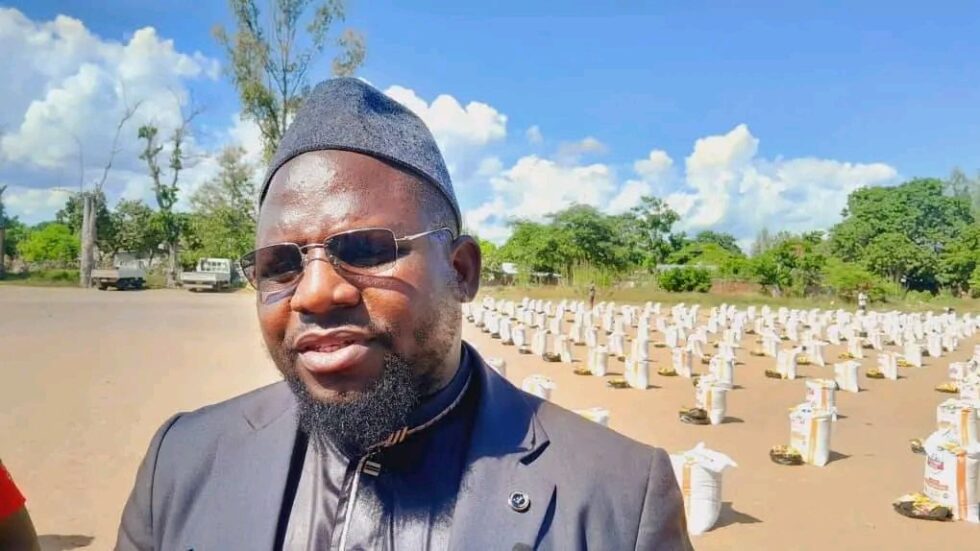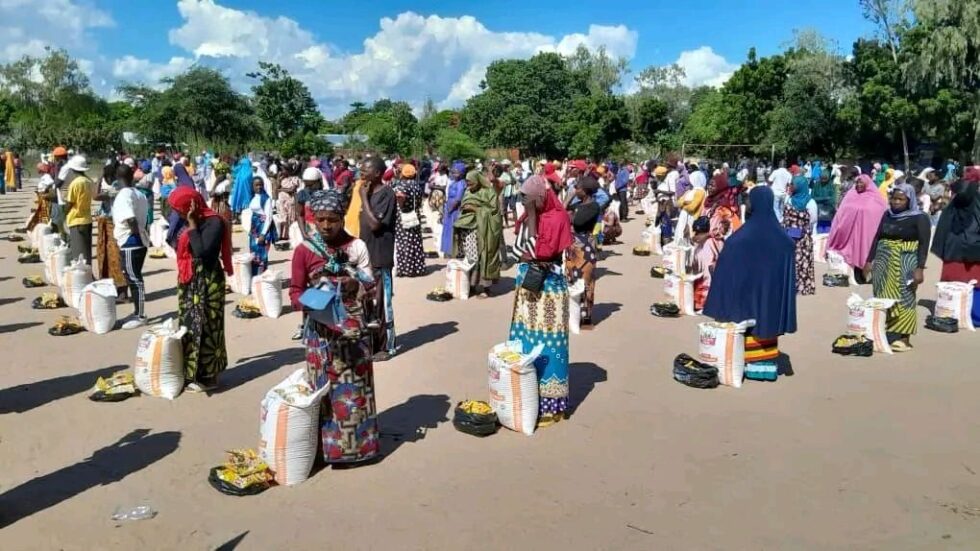By Jones Gadama
The Democratic Progressive Party (DPP) has strongly criticized the Malawi Congress Party (MCP) government’s decision to suspend the Extended Credit Facility (ECF) program with the International Monetary Fund (IMF).
In a scathing position paper, the DPP’s Directorate of Economic Affairs accused the MCP of gross economic mismanagement and incompetence.
The DPP argued that the ECF program was a vital anchor for Malawi’s fiscal credibility, monetary discipline, and international standing.

The party’s Director of Economic Affairs, Hon. Ralph Pacharo Jooma, stated that the decision to walk away from the program is a “confession of failure” and a “national betrayal”.
The DPP pointed out that Malawi’s public debt has ballooned to over MWK 18.1 trillion, inflation is raging at 30.5%, and the kwacha has lost over 80% of its value.
The party attributed these economic woes to the MCP government’s chronic fiscal indiscipline, lack of transparency, and sheer incompetence in managing public resources.
“We categorically reject the narrative that this decision is ‘pro-poor’ and reflective of domestic priorities,” Hon. Jooma said. “This is not a strategic realignment. It is a confession of failure,” he added.
The DPP warned that the consequences of this reckless move are far-reaching and devastating.
The party predicted that development financing from the World Bank, African Development Bank, and bilateral partners is now at risk, investor confidence is shattered, and foreign direct investment has already plummeted.
In contrast, the DPP pledged to restore macroeconomic stability through disciplined fiscal policies and structural reform if the party returns to government in September 2025.
The party vowed to re-engage the IMF and other development partners with a credible, homegrown recovery program grounded in transparency, prudence, and results.
“We understand that reform is not a foreign imposition,” Hon. Jooma said, adding that,”Reform is a patriotic duty. It is how responsible governments lay the foundation for sustainable growth, inclusive development, and national dignity.”
The DPP’s position paper concluded with a solemn pledge to the people of Malawi.
“When we return to government in September 2025, we will rescue this economy, re-establish fiscal discipline, and place the nation back on a path of hope, growth, and prosperity.”
The DPP’s criticism of the MCP government’s economic policies is likely to add fuel to the ongoing debate about the country’s economic direction.
As the general elections approach, the DPP’s promise to restore economic stability and promote sustainable growth may resonate with voters who are increasingly frustrated with the current administration’s handling of the economy.




